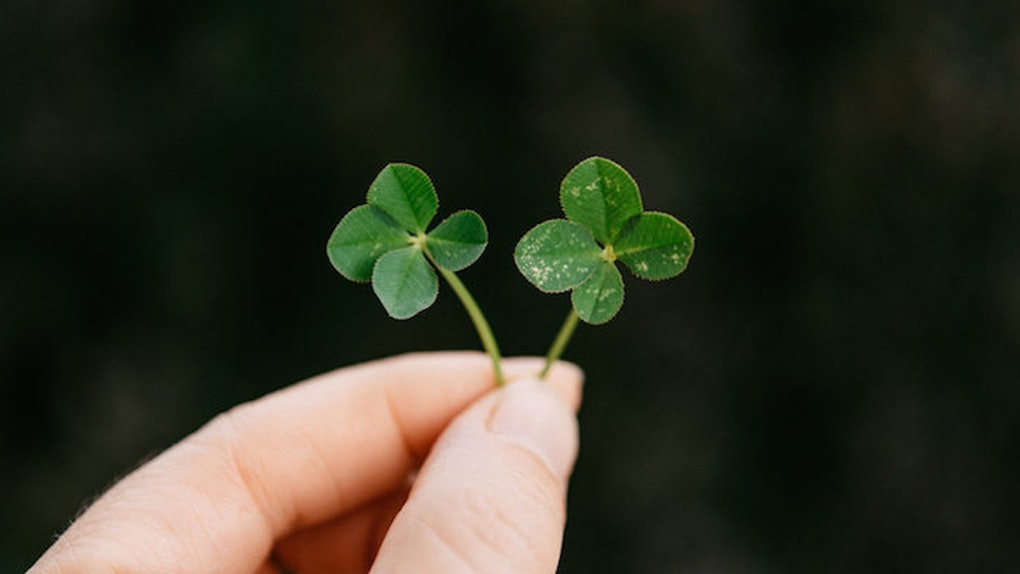
New Year’s Day has come and gone. Did you eat your black-eyed peas and turnip greens? Each portion is supposed to bring financial luck in the coming year. The proof for all this apparently lies in the fact that the peas and greens are good for the digestive system. (The correlation between digestive vigor and fiscal success has yet to be fully explored.)
Be that as it may, “Good luck!” is a fine wish of benevolence and good will. Conventional wisdom (and, let’s face it, common sense) say that “Luck happens when choice meets opportunity.” My regular readers know that identifying what we can (and cannot) control is a cornerstone of sound mental health. We have choices over what we do with whatever opportunities come our way. Look at all the innovators who made a fortune carving out a niche in business. We can learn from those proactive entrepreneurs. The essence of good fortune is recognizing an opportunity and nurturing it over time. It’s less about “luck” and more about choice.
Professor Richard Wiseman of the University of Hertfordshire in England studied the psychology of luck. Over a period of eight years, he conducted thousands of interviews, culminating in a book called “The Luck Factor” (Miramax (4/2/03). He concluded that there really is no such thing as luck. Certain attitudes, he says, give rise to what we call luck. This particular way of looking at reality is called “counterfactual thinking.” For example, after a car accident, one person will say, “I can’t believe I was in car accident. How unlucky I am!” Another person with the same experience might say, “Yes, I had a car accident. But I wasn’t hurt, and I actually met a nice person in the other car. Who knows … there might even be a relationship there.”
Of course, there are tragic events that do happen by chance. Wiseman distinguishes between luck and chance by saying that luck is a state of mind, while chance is something real or objective. “Chance events are infrequent, like winning the lottery. They’re things over which we have no control … and they don’t consistently happen to the same person. When people say that they regularly experience good fortune it has to be because of something they are doing.”
Chance, like the lottery, is devoid of choice. It makes me sad to see a person who approaches life like it’s one big lottery. They sit and they wait, hoping to win “their share,” with no clue that they have any say in the process. Placing events and outcomes entirely in the hands of unseen forces is a sure recipe for depression. Outspoken Las Vegas magician Penn Jillette says it perfectly: “Luck is probability taken personally.”
Life is about creating and cashing in on opportunities. Take, for example, death – the ultimate unfortunate event. Does the fact that someday we’re all going to die prove that life is futile? Only a profoundly depressed person would agree. The certainty of death is important once it comes, but in the flow of a mentally healthy person’s life, it’s just not that significant. You don’t dwell on it — other than to avoid it.
The simple fact is that people who consistently experience “good fortune” must be doing something right. They must be operating on a series of sound principles, such as knowing when (and why) to take risks. If you know somebody like this who seems “lucky,” find out what’s right about his attitudes and thinking. If you know someone who seems to be consistently “unlucky,” take an objective look at her lifestyle. Is it risky? Haphazard? Your observations will reveal the secrets behind their “luck.”
Famed moviemaker Samuel Goldwyn summed it up best: “The harder I work, the luckier I get!” So, in spite of your new year’s peas and greens, MAKE yourself lucky by recognizing opportunities and shaping them into the successes you want them to be.
